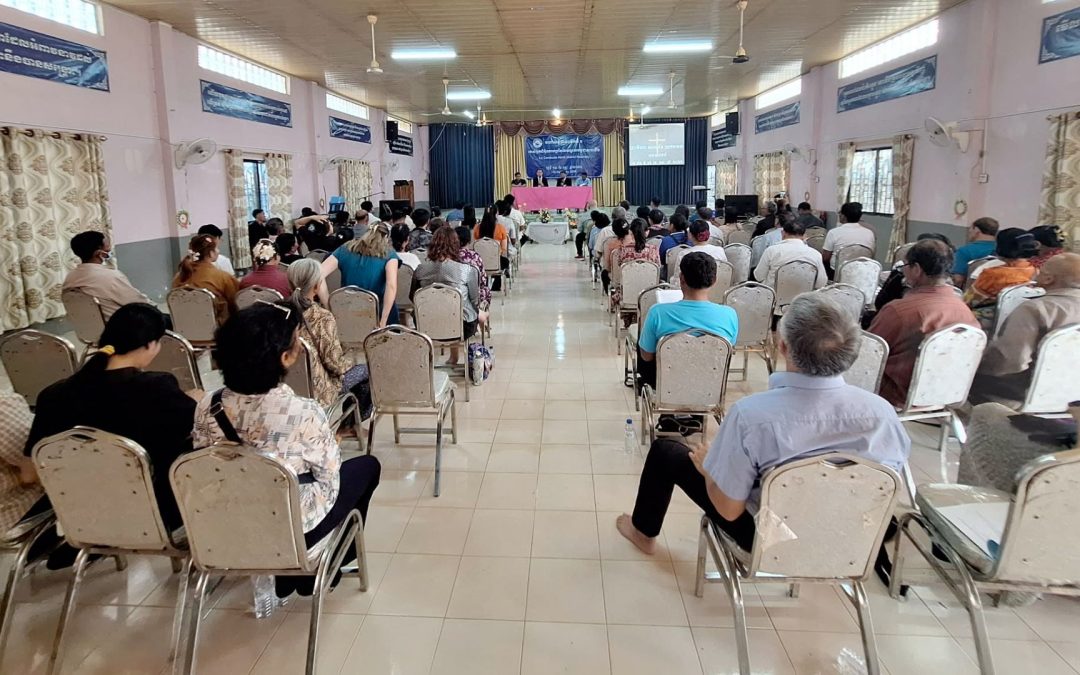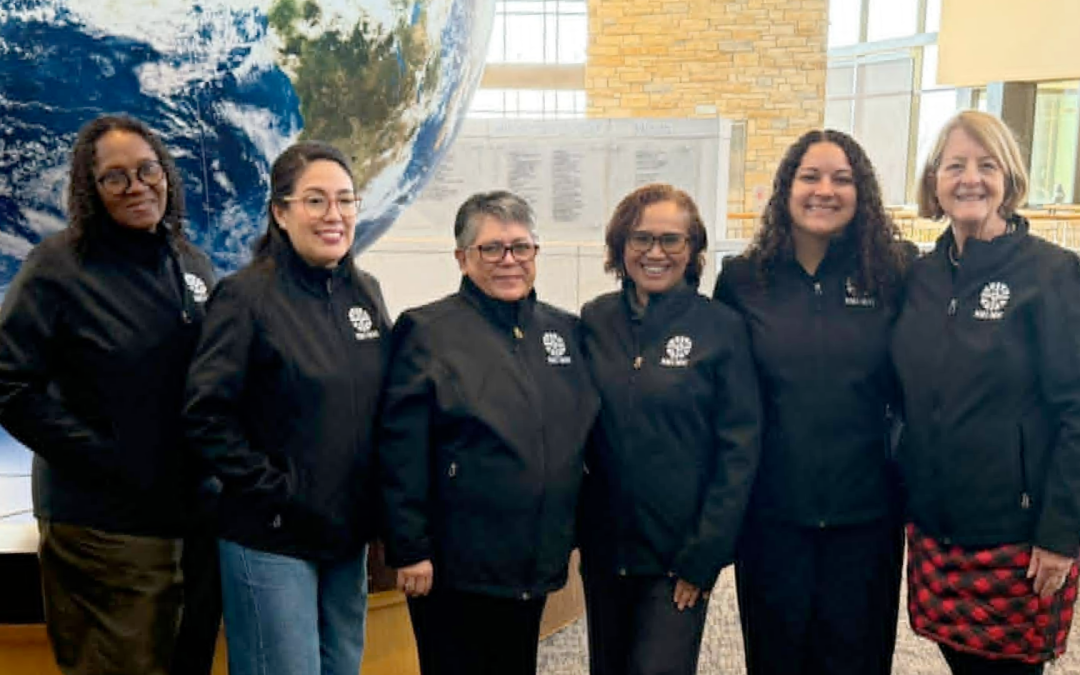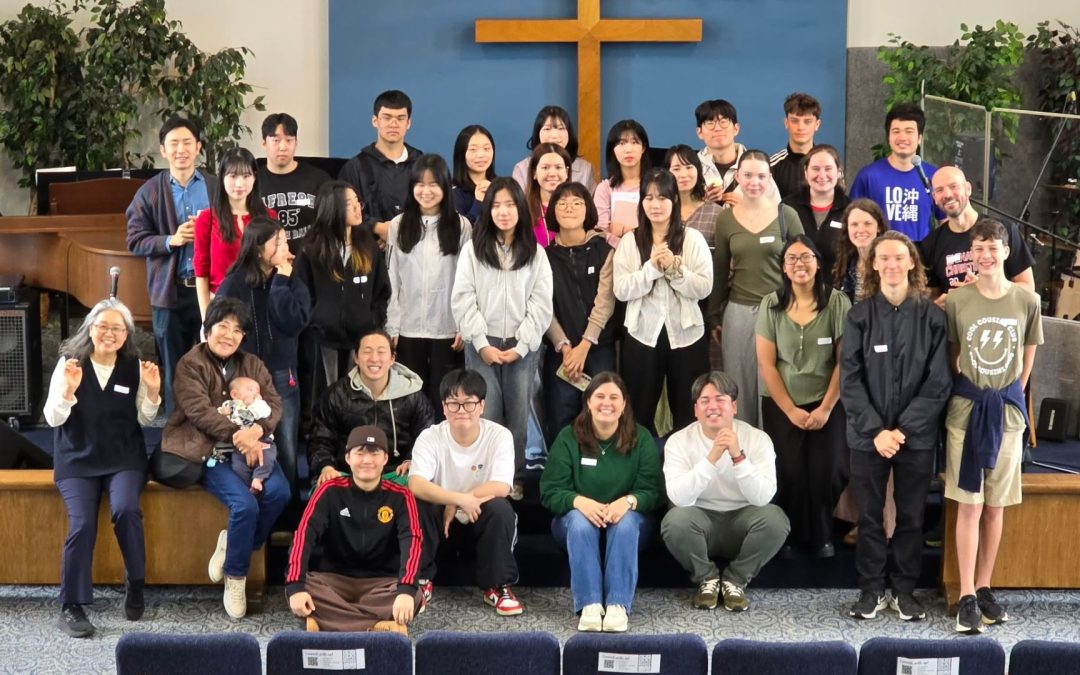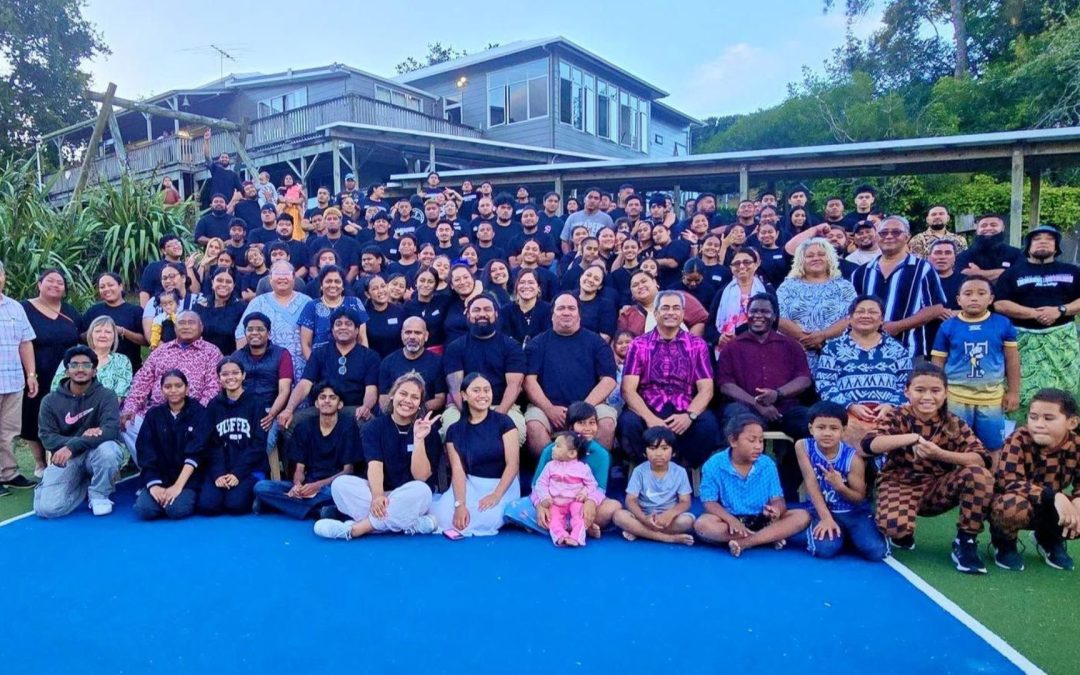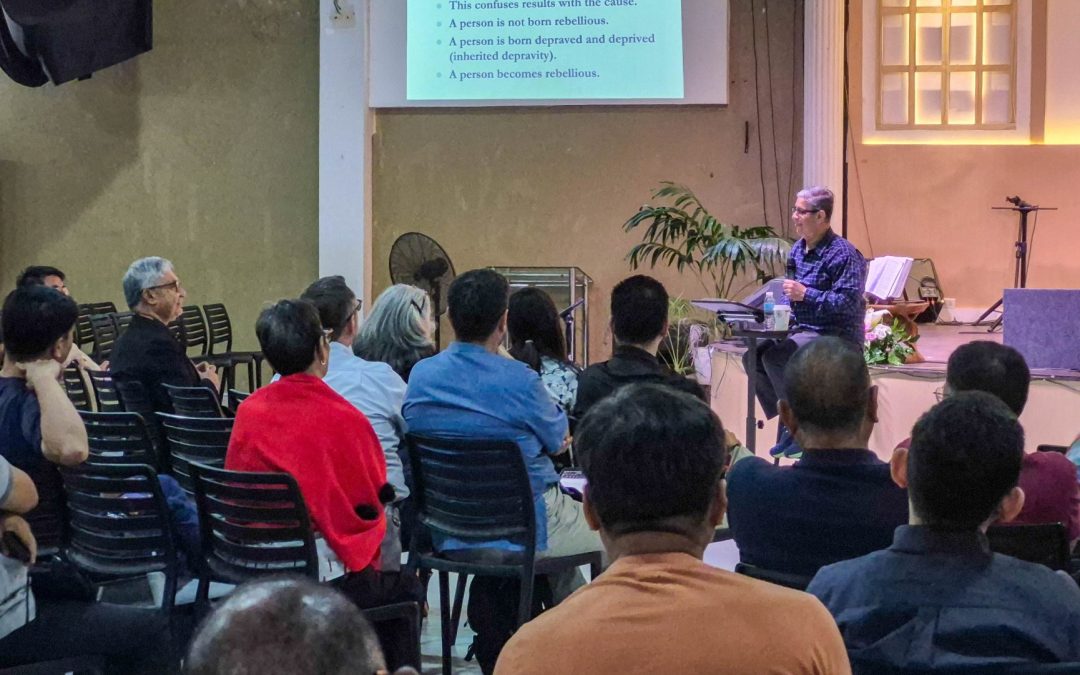By David W. Graves
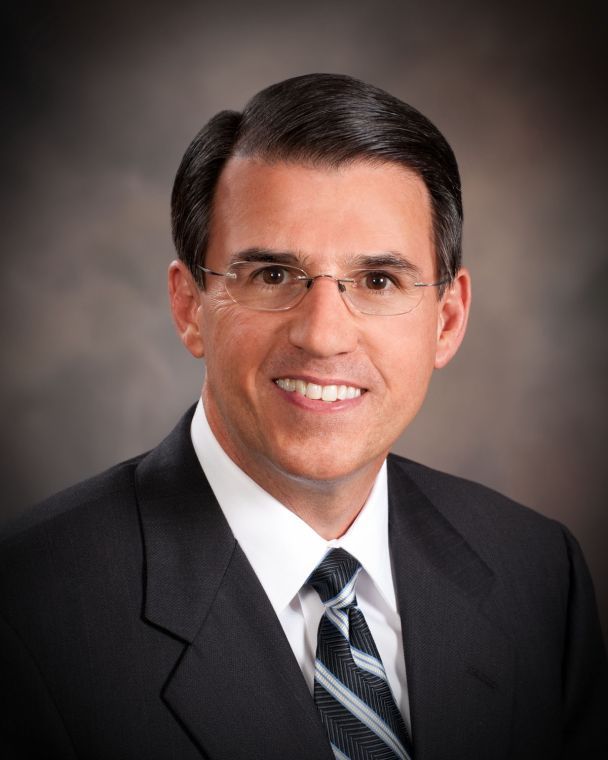
General Superintendent Dr. David Graves
Recently I had the privilege of speaking at Nazarene Bible College in Colorado Springs, Colorado, USA, for the Dickerson Holiness Series. It was a joy to meet the students who are preparing for ministry. The Spirit of God was very real during the services, and many of the students took significant steps in their spiritual lives. I also had the opportunity to speak to the staff and meet with the faculty. They are committed to training and equipping the next generation of church leaders.
While I was in Colorado Springs, my brother, Harold B. Graves Jr., president of Nazarene Bible College, and I visited Rev. Kenneth Jenkins in a rehabilitation hospital. Rev. Jenkins is 99 years old and will be celebrating his 100th birthday in July. He was upbeat, joyous, and very thankful for his family’s care, the church where he served as a pastor for 60 years, and God’s presence in his life. He expressed his appreciation for our stopping to see him. We both received more from the visit than did Rev. Jenkins.
We then went to pay our respect to the family of Rev. June Jones. She was an elder in the Church of the Nazarene and served as a pastor for many years on the Colorado District. She had made a tremendous impact on the lives of many people in the area.
As I thought back on that day, meeting with the faculty, a hospital visit to a retired elder, and honoring the life and ministry of another elder at a funeral home, I was once again reminded of the power of presence. Presence is a noun, not a verb; it is a state of being, not doing. The state of being is not highly valued in a culture that places high priority on doing. Yet, true presence or “being with” another person carries with it a silent power—power to bear witness to a passage, to help carry an emotional burden, or to begin a healing process. In it, there is an intimate connection with another person that is perhaps felt too seldom in a society that strives for ever-faster and -broader “connectivity.”
As a pastor, I learned that just “being there,” being present, can mean the world to people, especially in their times of need. The power of one’s presence, not one’s words or wisdom, is what people will remember. The impact of being present with people not only conveys God’s love for them, but it is also a blessing to the one who is simply being present. The power of presence is not a one-way street, not just something we give to others. It always changes us, and always for the better. It will positively affect our prayer life, our preaching, our compassion for others, and our connection with people.
This power of presence is not only for the people of our congregations; it is also for our families. Intentionally setting aside time to be with one’s wife, children, and grandchildren to read a book, play a game, and listen to their stories communicates love. In those moments, the importance is not necessarily what we say or do, but that we are there. We all know there are moments of action and trailblazing and preparedness that children desperately need from their father or mother. However, I believe there are just as many moments when they long for a power from us that comes primarily from our presence, humbling ourselves, like Christ, our example, and entering their worlds.
As leaders, we must not get so busy “doing” that we miss the power of “being present.”


